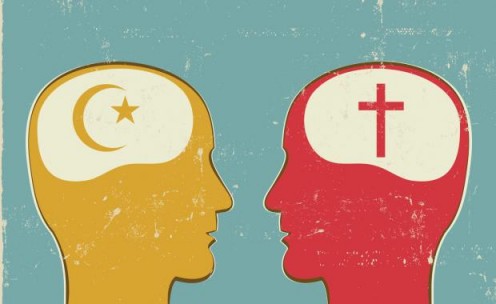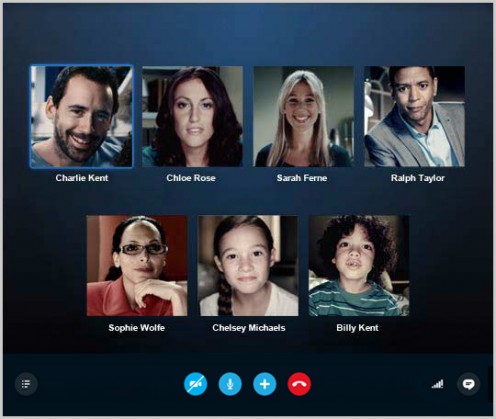5 Probable Reasons Why Young Adults Don't Believe In God Anymore
The Study
A recent study showed that the least religious generation is the millennials or those who reached young adulthood around the year 2000. The study led by San Diego State University psychology professor Jean M. Twenge showed that of the last six American generations, the millennials are the least religious. The researchers had to go through the data generated by 11.2 million respondents to come to this conclusion.
View the details of the study here.
One of the biggest things that should be taken from this study is the fact that it showed that young people are less religious not because "they are young". The results of the research showed that there are fewer Millennials who consider themselves religious when they are of the same age as other generations like the Baby Boomers and the Generation Xers.
With that said, let us look at some of the possible reasons why we, as a group, have become less attached to deities and higher beings as time passes.
In The News
1. We feel safer today.

This does not only apply to the youth after all. The world is simply safer for everyone today compared to say 50 years ago. No matter what you think about the government and its law enforcement people as well as gun-toting individuals, it cannot be denied that overall, the world today is the safest it has been. How does being safe relate to the youth being less religious though?
There is a prevalent theory that the reason why religion became a prevalent part of our society is that the masses needed to believe in something powerful that will punish people who do bad things. This was very important back when people started gathering and creating a community. The larger the community, the harder it would be for anyone to monitor the people around them. So if they believe that a god would be able to keep an eye on his neighbors, he would be able to perform his duties well. This has a great effect on the success of society as a whole back when it all started.
Today, we have the police and the courts to keep an eye on the people around us. This makes the people growing up thinking that they are safer and are therefore more dependent on these institutions instead of higher beings.
2. Information right within our fingertips.

The advent of the internet has made it easier for young people to look up anything at any time on the web. Instead of depending solely on the reasoning that "it's always been done that way", the youth would rather go online and find answers for themselves. Push the clock back 20 years or so and the ability to do that is not yet available to young adults back then.
Because the internet holds a wealth of information, Millennials would more often than not believe what they find out after their research than what their parents told them so. Now couple that with the fact that at such ages, they think that they can run the world better than their elders and you get a group of people would challenge every belief that they think their elders stand for.
Another thing about the popularity of the internet is that it allows these young people to talk to like-minded individuals in real time at any time. This leads to their ideas being spread around faster than it has been in human history.
3. The social cost of not believing has gone down.

Back in the days, it is easy to see an individual or even a family ostracized for being nonreligious. Today though, it is common to see a family where the kids are no longer interested about going to church.
In contrast, the social cost of being nonreligious in the Middle East is still high. That's why you still see plenty of people ready to kill in the name of their belief from that region. Not that there is any absence of people like that around the world.
4. People from different religions started marrying each other.

The kids from these interfaith marriages would therefore be subjected to two belief systems backed by two authority figures in their lives. This situation would make them question which of the two beliefs makes more sense. In the process, they might end up deciding that neither makes sense at all.
5. Socialization has gone a long way.

Man indeed is a social culture and back in the days, the church provides a major social structure for young ones to develop into what they would become later on in life. Today though, the fact that one can make friends halfway around the world without packing one's bags and riding a plane has removed the importance of the church to our social structure.
If a young person in a country where one can be ostracized for not being religious can communicate with other young person around the world in a non-religious setting, the former would have more incentive to stop being religious.
Weigh In
These are by no means the definitive reason why there are more millennials who stopped looking for that higher being than there were with GenXers and Boomers. But these are some of the more important starting points if we are to go deeper and find out the reason why God is no longer as big as he once was.
What do you think? Please leave comments below.








